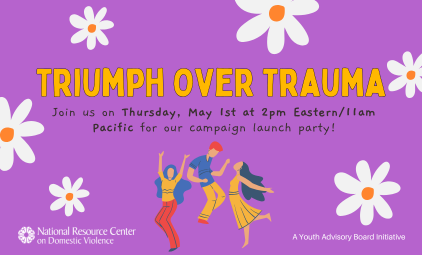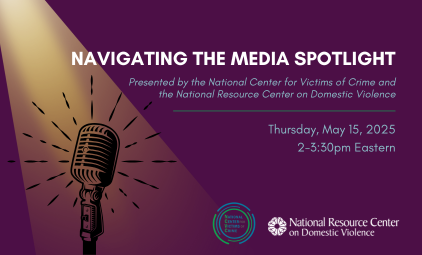People with disabilities turn to a variety of support systems in the aftermath of victimization, from family and friends to victim services to their local disability service provider or to law enforcement. When those support systems are knowledgeable about the needs of people with disabilities, they can broaden the paths to healing available to victims with disabilities.
The Supporting Crime Victims with Disabilities toolkit was designed to provide comprehensive and culturally responsive informational and educational resources, tools, videos, and examples of best practices for law enforcement, forensic interviewers, victim advocates, and others to prepare them to effectively respond to victims of crime with disabilities across the lifespan. Leveraging the guidance and expertise of representatives from these fields, the toolkit embodies ideals of intersectionality, accessibility, and usability among others. The toolkit includes video testimonials from survivors with disabilities, recorded lectures from professionals across a variety of systems, and interactive activities. You can review the content from beginning to end or select specific topics of interest.














